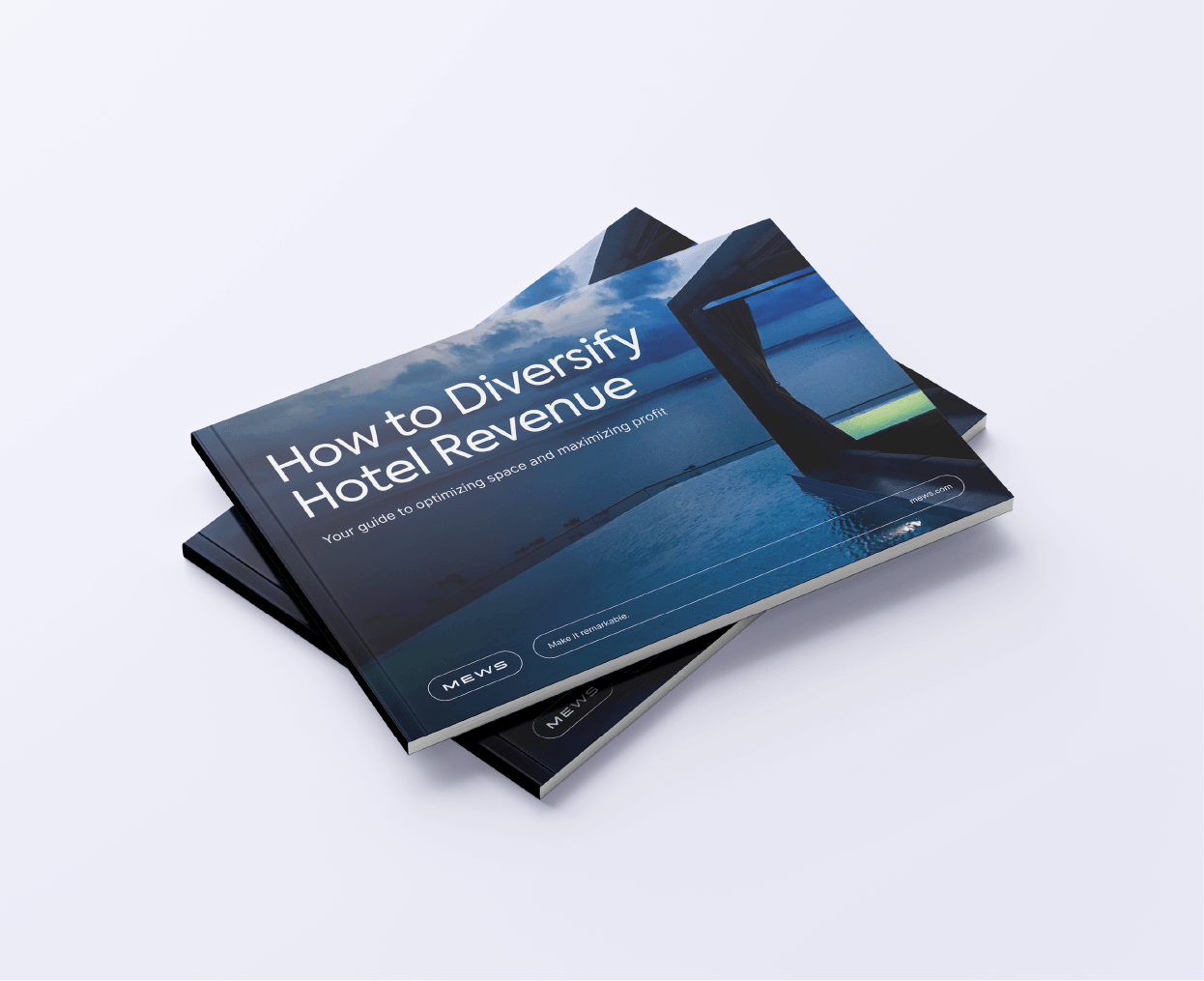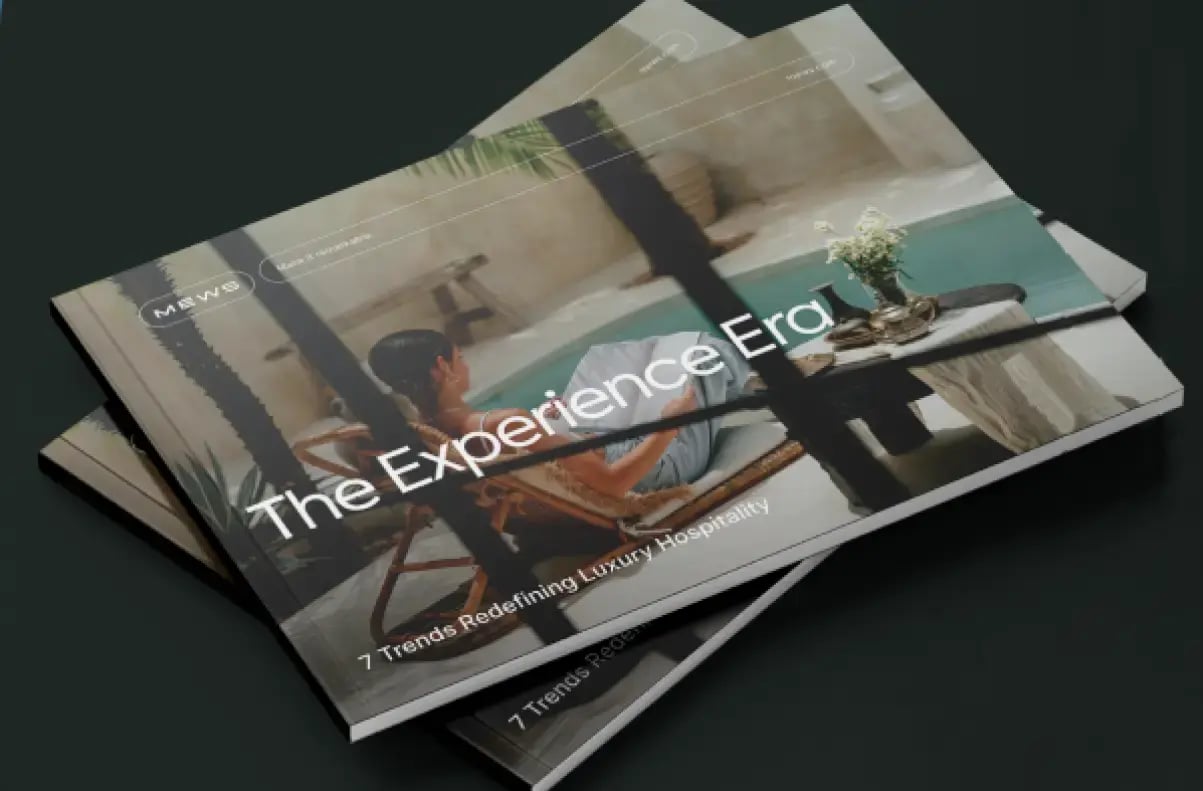According to a study by Statista, 65% of revenue in the global tourism market comes from online sales channels. With the ever-rising prevalence of online bookings, it is now more important than ever for hotels to ensure that their booking engine features are up to speed in order to ensure the smoothest booking process possible and avoid website abandonment.
The more intuitive and easy your booking process is, the easier it will be for hotels to compete with OTAs for direct bookings. Reservation engines must be optimized for users, allowing them to take care of all their needs in one place and have a secure and easy reservation process. In this article, we will look at the most important features a reservation engine should have in order to ensure more direct reservations.
Table of contents
Seven features every booking engine should have
The best booking engines increasingly have an exhaustive list of features, and that’s why we’re here to clear up your doubts about the must-have booking engine features. Keep reading to find out more.
Mobile optimization
45% of mobile bookings are made from mobile devices, and for this reason you must have a booking tool that is prepared to handle this quantity of reservations coming from mobile phones.
A booking engine must be mobile-friendly and responsive so that hoteliers can easily handle reservations that arrive via mobile. One of the key ways to keep your audience active on your website is by having the information displayed on the reservation tool being the same across all devices, in order to provide the best user experience possible.
Business customization
Many guests may book with OTAs because they feel safer as they are well-known big brands. However, a great way hoteliers can encourage guests to feel safe booking on your hotel’s website is to have your engine customized to your brand.
Customization gives a good first impression to your guests, providing a seamless guest journey from start to finish with your brand. Look for different customizations that allow you to add your brand logo and colors, and match the theme to your website.
Other interesting customizations could be a multi-image photo gallery, autoplay background videos or forms that are easy to fill out so that guests only have to fill in the required information instead of tons of unnecessary fields.
This sets expectations for guests, making for a positive first interaction with your brand, which is paramount for brand awareness, loyalty and ultimately has a positive impact on conversion rates.
Improve conversion to boost revenue
A booking engine is a great way to improve conversion rate and boost revenue, with the idea of keeping users on your website so that you can sell more rooms.
Once you have an audience on your website that you haven’t paid extra acquisition costs to get them there, it’s important to capitalize on this traffic to offer upgrades, add-ons, and to upsell and cross-sell (which we will discuss further down) in order to generate the most revenue per booking.
Other ways of improving conversion include offering promotional rates for booking directly on your site or finding a tool that offers a comparison widget that compares prices across popular booking sites.
Part of improving conversion rates is making sure you also have a Google Tag Manager integration, which tracks conversions and helps understand guest behavior.
The better you understand your users, the better you can customize the user journey to make sure they are finding what they need when they arrive on your site, thus reducing website abandonment rates.
Learn more about the best sales strategies to boost your hotel’s revenue.
Ease of booking
No feature is more important in a tool than simplicity. A streamlined process means reduced human error, and more opportunities for guests to convert. Furthermore, a guest-centric reservation experience means that there are no barriers to completing the reservation.
Whatever the language, device, property, currency or who is booking, the experience on your website should be flawless. Whether a travel agent, a family member or a corporate client is taking care of the reservation, the goal should be to make reserving a room at your hotel as easy as possible.
Allow your guests to book at several of your properties by finding a tool that allows for multi-property bookings, which creates opportunities to cross-sell across your chain.
The ability to upsell and cross-sell
As we briefly mentioned before, as part of the booking journey it’s important that your reservation tool allows for your hotel to upsell and cross-sell. Look for tools that have features that allow you to showcase more products and extra services to increase ADR and RevPAG.
Customized descriptions and images during the process entice guests to book added services because they can get a better sense of the added value of these enhanced services.
Learn more about using upselling to boost ancillary revenue.
Different languages and currencies
In order to appeal to a global market, it’s important for your booking tool to automatically adapt to different languages and currencies based on the guest’s IP address. Keep in mind that the automated emails that are a part of the booking process should also be sent in those same languages.
This is a very easy way to provide a stellar guest experience and promote your hotel in all markets. Read about simple ways to improve the guest experience.
Secure payments
Secure payments are one of the most important differentiating factors that may lead guests to book directly. By having a clearly branded engine that allows for secure payments, guests feel safer and are hence more likely to complete a booking. Look for features like credit card tokenization and PCI DSS secure payments, which ensure that data remains safe.
Conclusion
In this article, we looked at seven of the most important features of a hotel booking engine. It should be optimized for mobile, allow possibilities for cross-selling and upselling, be available in different languages and currencies, be easy to use, safe, and customized for your business in order to improve conversion rates and boost revenue.
In this highly competitive sector, it’s important to find tools that can enhance your property’s ability to sell more rooms directly, and implementing a booking engine on your website is the easiest way to make this possible.
By driving more business to your website, your hotel can increase its bottom line by reducing acquisition costs and creating more opportunities for cross-selling and upselling.
Looking for opportunities to diversify – and grow – your revenue?
Download our guide "How to Diversify Hotel Revenue"


7 Trends Redefining Luxury Hospitality
Download now
Table of contents
Hospitality hot takes straight to your inbox



.webp)
